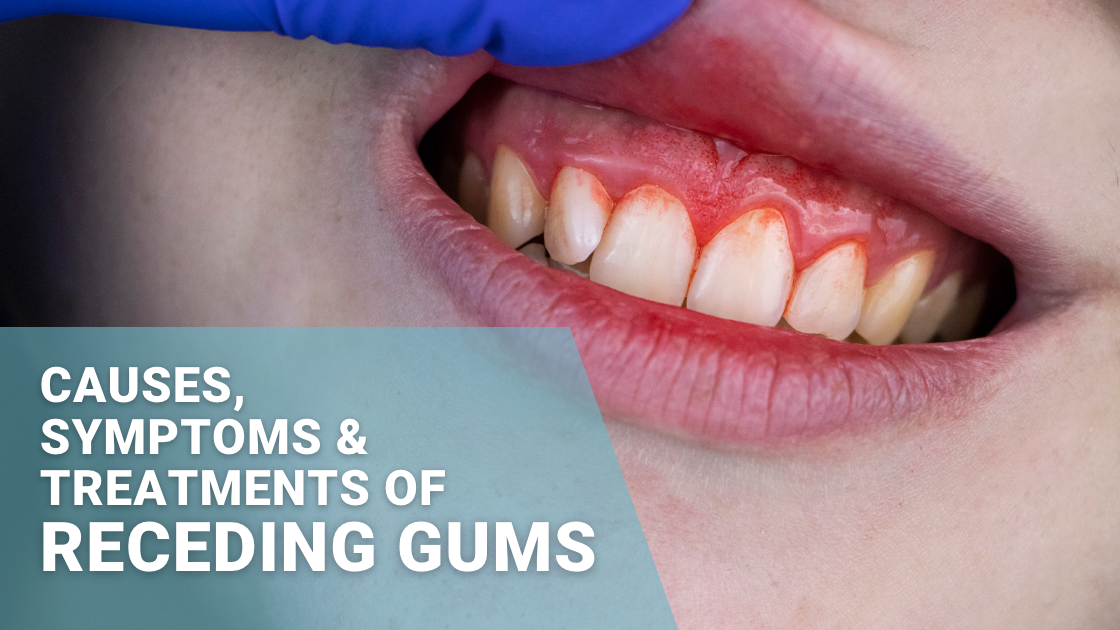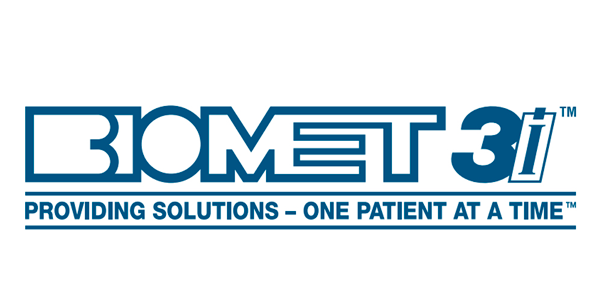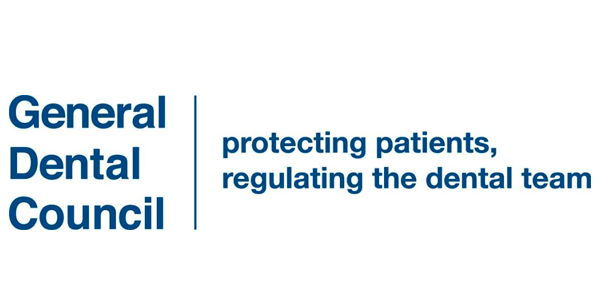Receding gums, also known as gingival recession, is a common dental issue that can lead to significant oral health problems if left untreated. This condition occurs when the gum tissue surrounding the teeth wears away or pulls back, exposing more of the tooth or its root. Let’s explore the causes, symptoms, and treatment options for receding gums, as well as preventive measures to maintain healthy gums.
Causes of Receding Gums
Receding gums can be caused by several factors, including:
- Periodontal Disease: This is the most common cause. Periodontal (gum) disease is an infection of the gums, which destroys gum tissue and the bone supporting the teeth.
- Genetics: Some people are more susceptible to gum disease due to their genetic makeup.
- Aggressive Brushing: Brushing your teeth too hard or with a hard-bristled toothbrush can wear down the enamel and cause gums to recede.
- Poor Oral Hygiene: Inadequate brushing and flossing can lead to plaque buildup, which can cause gum disease and recession.
- Hormonal Changes: Fluctuations in female hormone levels during puberty, pregnancy, and menopause can make gums more sensitive and prone to recession.
- Tobacco Use: Smoking or using other tobacco products can increase the risk of receding gums.
- Grinding or Clenching Teeth: This can exert too much force on the teeth, leading to gum recession.
- Misaligned Teeth or Bite: When teeth do not come together properly, it can result in excessive force on the gums and bone.
Symptoms of Receding Gums
Recognising the signs of receding gums early can help in seeking timely treatment. Symptoms include:
- Visible Lengthening of Teeth: As gums recede, teeth may appear longer than normal.
- Sensitivity: Exposed roots can cause tooth sensitivity to hot, cold, sweet, or acidic foods and drinks.
- Tooth Mobility: Teeth may become loose due to the loss of supporting bone and tissue.
- Gum Inflammation: Red, swollen, or bleeding gums can be a sign of gum disease, which can lead to recession.
- Bad Breath: Persistent bad breath can be a symptom of gum disease.
Treatment Options for Receding Gums
Treatment for receding gums depends on the underlying cause and severity. Common treatments include:
- Improved Oral Hygiene: Adopting better brushing and flossing techniques can help control and prevent further gum recession.
- Scaling and Root Planing: This deep cleaning procedure removes plaque and tartar from below the gum line and smooths the root surfaces to help gums reattach to the teeth.
- Gum Grafting: In severe cases, a gum graft can be performed. This involves taking tissue from another part of the mouth and attaching it to the affected area to cover exposed roots.
- Pinhole Surgical Technique: A minimally invasive procedure that involves making a small hole in the gum tissue to loosen and reposition it over the exposed root.
- Desensitising Agents: These can help manage tooth sensitivity caused by exposed roots.
- Orthodontic Treatment: Correcting misaligned teeth or bite issues can reduce excess pressure on gums.
Preventive Measures
Preventing gum recession involves maintaining good oral hygiene and addressing any risk factors. Here are some tips:
- Brush Gently: Use a soft-bristled toothbrush and gentle, circular motions to avoid damaging your gums.
- Floss Daily: Flossing removes plaque and food particles from between your teeth and along the gum line.
- Regular Dental Check-ups: Visit your dentist regularly for cleanings and check-ups to catch early signs of gum disease.
- Use a Mouthguard: If you grind or clench your teeth, a mouthguard can protect your teeth and gums.
- Quit Smoking: Tobacco use is a significant risk factor for gum disease and recession.
- Balanced Diet: Eating a balanced diet rich in vitamins and minerals supports overall oral health.
Receding gums can lead to serious dental issues if not addressed promptly. If you notice any signs of gum recession, it’s crucial to seek professional dental advice. With the right care and preventive measures, you can maintain healthy gums and a beautiful smile. If you have concerns about your gum health, schedule an appointment with us today. Your oral health is our priority.






